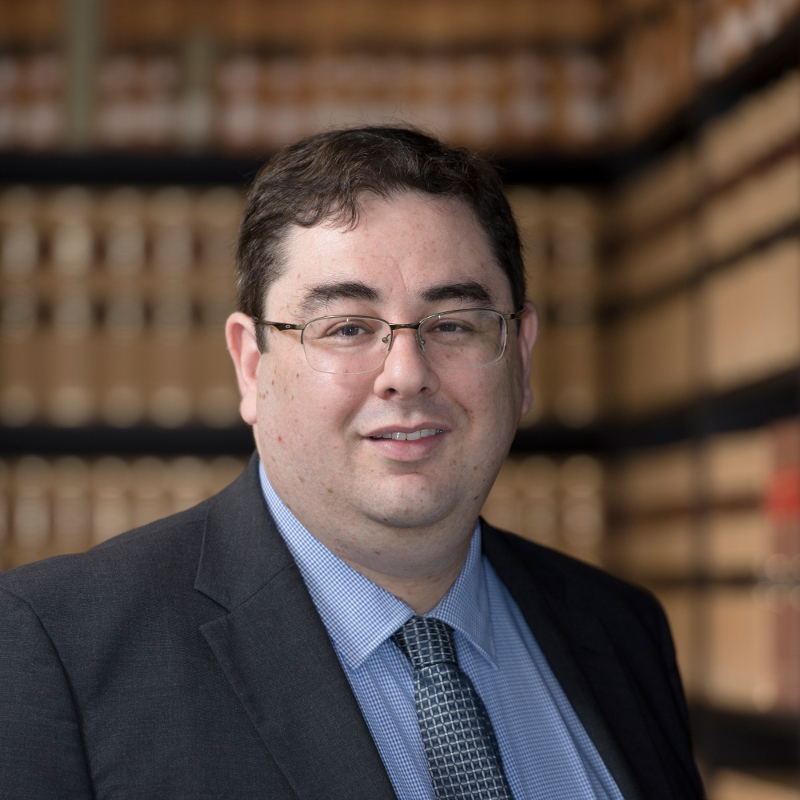Andre Oboler, Possibility of policing the internet?, The Australian Jewish News, March 12 2010, p10
The Community, needs to have a debate about the feasibility of policing the internet.
Over the past few weeks, the internet, and specifically social networking site Facebook, has been taking some knocks.
Commentary has come from all levels of politics. Prime Minister Kevin Rudd said “we need to be deploying all practical measures” against cyber crime and internet bullying. Senator Nick Xenophon’s suggestion of an Online Ombudsman was “worth a look” according to Rudd, and Queensland Premier, Anna Bligh, has noted “growing calls for broader debate on the challenges posed by new media”.
The media attention is the result of users posting illegal content, including child pornography and bestiality, on a Facebook page set up as a tribute to two murdered Queensland children. Facebook called the latest outrages “despicable”.
The Jewish Community has been expressing concern for years about the use of internet communications to attack individuals and communities.
In the last six years, with the growth of “Web 2.0” – a phenomenon that has seen the internet grow increasingly interactive – the nature of the problem has changed.
Instead of an enumerable collection of hate sites, there is now a pervading online culture of anarchy. In this emerging online world everyone can say and do as they wish, without regard to the impacts on others or society at large.
And Facebook has been a strong promoter of this culture of freedom from responsibility.
We saw this over the last few years when the company refused to remove Holocaust denial from their platform.
It was only in 2010 that Facebook began quietly removing most, but not all, forms of Holocaust denial as matter of course.
Facebook has said the vitriol on the Children’s tribute pages was removed not only for violating the terms of use, but also for “violating the human trust” associated with the situation.
If Facebook has developed a moral compass, which balances free expression with the other legitimate needs of society, this is welcome indeed.
The real challenge in front of us is to create a safe online space by creating a positive internet culture – one where people respect others and realise that the law and society’s moral code still apply online.
The challenge for internet monoliths is to take responsibility for ensuring complaints are handled quickly.
Just recently, three Google executives were convicted by an Italian court for not acting quickly enough to protect the privacy of an autistic boy.
Any debate the community has will need to weigh up the impact and burden on the internet industry of monitoring content versus the needs, rights and expectations of society.
Other sectors have burdens – from food safety requirements to financial regulation – but, ultimately, our rights as citizens are more important than our rights as “Facebook users”.
Dr Andre Oboler is a social media expert and director of the community internet engagement project at the Zionist Federation of Australia.

